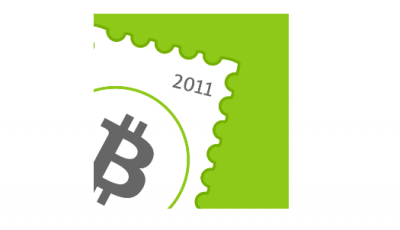Bitcoin exchange CoinJelly to offer debit cards, insured balances
 Update: Since the publication of this article, some evidence has emerged calling into question some of CoinJelly’s claims about their insurance. Please exercise due caution. We apologize for the oversight, and will keep you up to date with the latest information as the story unfolds.
Update: Since the publication of this article, some evidence has emerged calling into question some of CoinJelly’s claims about their insurance. Please exercise due caution. We apologize for the oversight, and will keep you up to date with the latest information as the story unfolds.
Update #2: The software firm that owns the infrastructure and intellectual property for the Neo & Bee Bitcoin Exchange (Pittas & Valerkos Software Ltd.) has contacted CoinReport, asking to clarify that they do not have a relationship or plans to conduct business with CoinJelly or its operators.
If the collapse of Mt. Gox did one good thing, it was demonstrating that the status quo of Bitcoin exchanges couldn’t continue. Exchanges hacked together by amateur programmers and run by hobbyists or scammers which handled millions of dollars in trade were a recipe for disaster. Exchanges built and run by people with no experience with finance or computer security would fail — it was just a question of when.
The latest generation of Bitcoin exchanges are a lot smarter, and, importantly, a lot more responsible. They have more money behind them, more experience, and more reputability. A new exchange, CoinJelly, is also trying very hard to demonstrate that it won’t go the way of Mt. Gox.
CoinJelly is based in Australia and Hong Kong, and intends to offer two exchanges for high-volume trading — one for the Northern Hemisphere, and one for the Southern. The service also provides an online wallet option similar to that offered by CoinBase. The difference here is that CoinJelly is advertising “bank level” security, and says it has taken the precaution of insuring every wallet up to 20 BTC against loss or theft with an external agency. The site has a current insurance capacity of 20,000 BTC (about USD $12 million at current prices).
As an exchange, CoinJelly has a number of nice features, including support of a fairly wide range of fiat currencies, and the site runs cleanly as a web app on any mobile device. On the security side of things, wallet encryption and cryptographic transaction signatures are all done browser-side and aren’t stored on the server, to reduce the risk of a hack exposing that information to a malicious third party.
On the more ambitious side of things, CoinJelly plans to offer a Bitcoin-based payment card similar to a debit or credit card, using technology and infrastructure purchased from the failed Neo & Bee “Cyprus Bitcoin Bank.”
CoinJelly is currently funded by a sole investor, specifically by Peter Anderson, a dot-com millionaire who is interested in Bitcoin for its disruptive effects on the finance industry.











